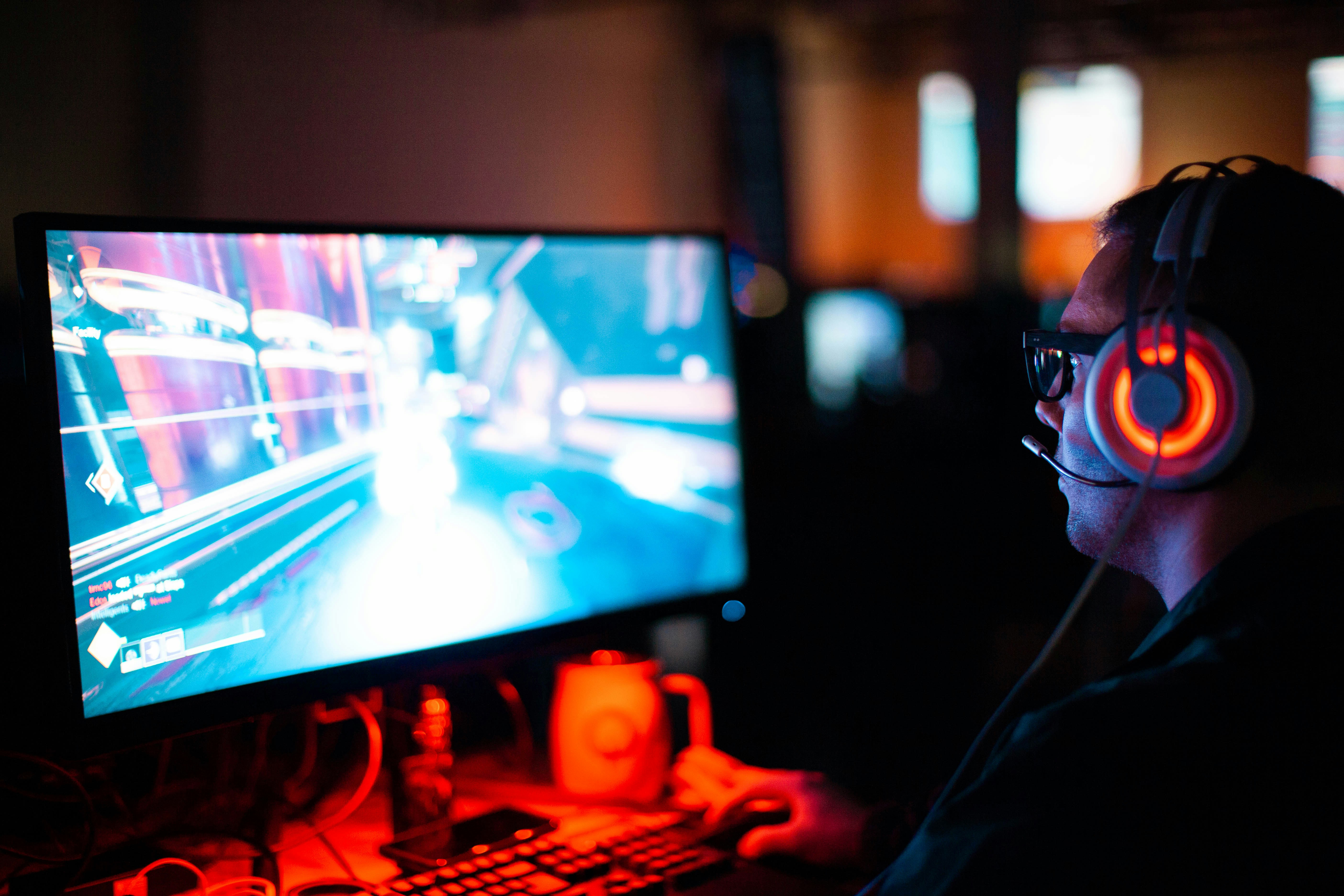Cultural Testing Rescues EA's Japan Launch After 3 Failed Attempts
After three failed Japan launches, EA finally found success with "Stellar Odyssey" thanks to comprehensive cultural testing.

Written by
Colin Bell
After three unsuccessful attempts to break into the Japanese market, Electronic Arts has finally found success with their latest title, "Stellar Odyssey." The key difference this time? A comprehensive cultural testing program that fundamentally transformed how the game was presented to Japanese players.
The Failed Launches
For "Stellar Odyssey," EA partnered with Carter Gaming Lab to conduct extensive cultural testing with Japanese players. The process began eight months before launch with focus groups exploring core game concepts and continued through development with regular playtesting sessions.
"What made this approach different was that we weren't just translating words," explained Colin Bell, Project Manager at Carter Gaming Lab. "We were interpreting cultural reactions and providing actionable insights on everything from character design to control schemes."
Critical Discoveries
The testing revealed several critical issues that previous launches had missed:
Character Proportions: Japanese players found the original character designs anatomically distracting, preferring more stylized proportions.
UI Density: What Western players described as "clean and minimal" interfaces were perceived as "empty and unfinished" by Japanese gamers accustomed to information-rich screens.
Progression Mechanics: The game's reward structure didn't align with Japanese players' expectations for progression feedback.
Controller Mapping: Japanese players had significantly different expectations for default button assignments.
Audio Design: Voice acting that was praised in the West was perceived as overacted and unnatural by Japanese players.

The Results
Following implementation of Carter Gaming Lab's recommendations, "Stellar Odyssey" launched to dramatically different results:
First-week downloads in Japan were 3.2x higher than the previous title
30-day retention reached 42% (compared to 18% for previous launches)
In-app purchase conversion rates increased by 67%
The game achieved a 4.6/5 star rating on Japanese app stores (compared to previous ratings averaging 3.1/5)
"The difference was night and day," Chen noted. "For the first time, we've created a version of our game that genuinely resonates with Japanese players while maintaining what makes it successful globally."
The Cultural Bridge
The key to success wasn't just identifying issues but understanding their cultural context.
"Many of the issues we identified wouldn't register as problems to Western developers," explained Ryoga Tsubaki, Project Coordinator at Carter Gaming Lab. "For instance, Japanese players have different expectations for menu layouts and information hierarchy. What looks 'clean' to Western eyes can look 'unfinished' to Japanese players."
The bilingual, bicultural testing team at Carter Gaming Lab was able to not only identify disconnects but explain the underlying cultural context and provide specific recommendations.
Looking Forward
EA has now integrated cultural testing into their standard development process for all titles targeting the Japanese market.
"The ROI has been extraordinary," Chen concluded. "The additional investment in proper cultural testing paid for itself many times over in increased revenue. It's completely changed our approach to the Japanese market."
For more information on Carter Gaming Lab's cultural testing methodology, contact our team today.




